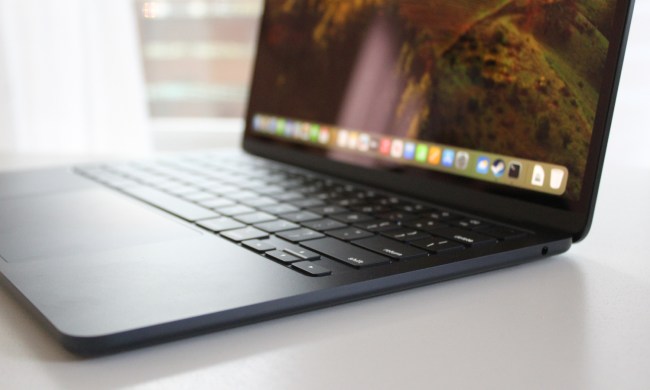
That’s new malware not previously discovered, so cyber criminals would seem to be getting smarter and more ambitious in their work — something Sony has been all too aware of over the holiday period. This same surge has been spotted by other security firms, including Malwarebytes and Kaspersky, according to a report by CNET.
The ease with which hackers can tweak small bits of code to create a new threat means antivirus firms are struggling to keep pace with the ever-evolving list of potential dangers. Still, the advice is the same as it’s always been: Install a reputable antivirus package, make sure it’s always up to date, and be cautious when following links on the Web.
The most high-profile hack of recent weeks has been the attack on the gaming networks of Sony and Microsoft, and it’s been revealed that the group behind it is also running a large botnet of exploited home routers. The service, which Lizard Squad is said to hire out for a fee, draws its Internet bandwidth from routers protected by little more than the factory username and password.
AV-Test also has some interesting statistics to share on recent spam activity across the globe. In terms of countries responsible for originating spam, the United States tops the chart for the last 180 days, with 9.2 percent of the total. It’s joined in the top five by Vietnam (7.2 percent), Argentina (5.9 percent), Spain (5.8 percent) and Germany (5.6 percent). If you haven’t already turned off your PC and disappeared to live in the woods, we’d recommend taking a few minutes this weekend to review the security setup on your home computers and gadgets.
[Image courtesy of sycther5 / Shutterstock.com]


